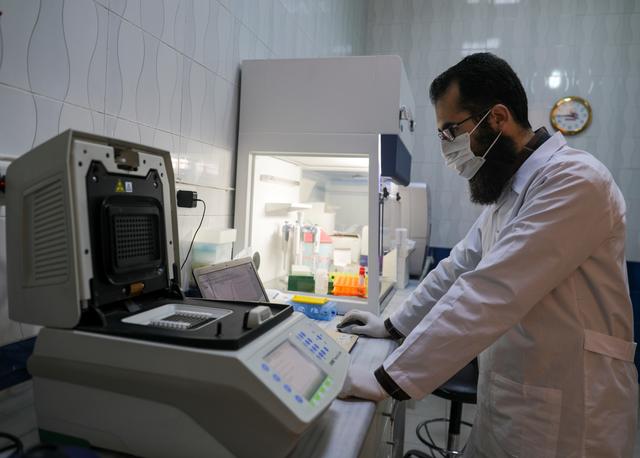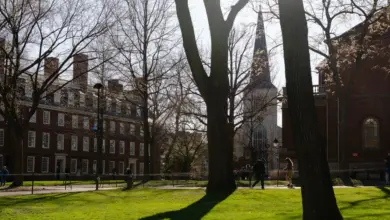
The coronavirus pandemic may continue through July 2022, but it will be possible to end social distancing completely during the first half of 2021, Harvard University researchers said.
The researchers warned in a new report published on Tuesday that although strict measures may reduce the spread of coronavirus infection by 60 percent during the early stages of the pandemic, they may also lead to a huge second wave of the disease in the fall and winter.
The reason, they say, is that restrictions put in place now may be so effective that people won’t be able to gain immunity against the virus.
The report said that countries that take strict measures to combat coronavirus will be exposed to a dangerous second wave of the disease.
The complete lockdown of society, the report asserted, is the worst action that can be taken.
The researchers concluded that lockdowns were even worse than taking no action. However, it did admit that with no drug or vaccine to combat or prevent the virus, social distancing is the first line of defense to control the spread of infection.
The report, written by four epidemiologists and immunologists, examined the effect of community lockdowns on the long-term spread of infection. The team focused on two main questions: First, what would happen if a person began, two weeks after the outbreak, to socially distance themselves for a period of 4, 8, 12 or 20 weeks? Second, to what extent does the infection spread during these periods of social distancing?
The results showed that the best strategy is a 20-week-long period of social distancing, during which the rate of infection should decrease by 20-40 percent. The rate of infection would then also be expected to decrease throughout the epidemic.
The predicted second wave of infection, the researchers say, will bring a larger number of infections and an even greater health care risk. The peak of the disease, they add, will come at the height of flu season.
The goal of the state, the report said, should be to make sure that the number of patients does not exceed its capacity to provide medical care.
The researchers’ analysis was based on the assumption that the spread of the virus cannot be completely stopped. According to their report, the most successful strategy to deal with the disease is therefore to initiate social distancing policies when the number of infections increases, and to ease those restrictions when the number decreases.
The researchers pointed out, however, that it is difficult to determine the right time to tighten or ease restrictions, as it takes roughly three weeks to see a reduction in the number of patients requiring medical care after instituting restrictions on movement.
The report states that if this strategy succeeds, the need for social distancing will decrease over time, since the number of people who recover and develop immunity against the virus will rise over time.
The report also said that a potential slowdown in the spread of the virus during the summer would be of great importance if it occurred, but that it is still uncertain whether or not this will happen.
Discovering a vaccine, the researchers said, would quickly increase immunity and reduce the need for social distancing. However, a vaccine is unlikely to become available sooner than 12-18 months from now.
The Swedish daily newspaper Aftonbladet said the report is consistent with the strategy Sweden is pursuing to deal with virus, despite having been subjected to criticism from around the world for having taken an approach that differs from that taken by most other countries, which have applied stricter measures.
Edited translation from Al-Masry Al-Youm



